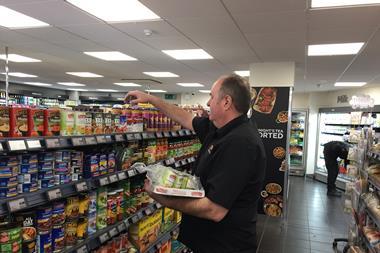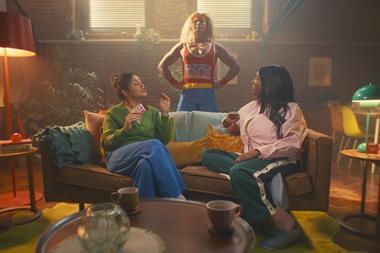Smokers, tobacco companies and those with an aversion to government nannyism vowed to fight on today after the latest setback for opponents of plans to force tobacco into plain packaging.
Although the Australian court ruling isn’t binding over here, it nevertheless sets an alarming precedent (in the colloquial sense, rather than the binding legal one).
Judges Down Under threw out claims that stripping companies of their right to brand tobacco companies amounted to confiscation of their intellectual property - deciding the Australian constitution permitted the government’s closely watched move. A fuller judgment will be handed down in due course.
The ruling will give fresh confidence to legislators plotting similar initiatives in markets such as New Zealand - and, of course, the UK, where a potentially lengthy court battle also now looms.
In a strongly worded interview with The Grocer last weekend, JTI boss Martin Southgate put forward once again why he believes the government’s response amounts to “corporate vandalism”.
Of course, the battle lines are already entrenched and the arguments well-rehearsed. Critics of the plan point to a lack of evidence it will have any impact on smoking levels, while citing the concerns of law enforcement officials who believe the plans amount to a counterfeiters’ charter.
“The illegal tobacco trade is a significant problem in Australia and we expect the situation to worsen considerably as a result of this legislation, placing further pressures on retailers and government tax revenues,” Imperial said in its response to the ruling.
It added: “Our IP rights are robustly supported by trade mark treaties and laws at an international, European and national level. We don’t believe the court’s decision in Australia will have any legal implications in other markets.”
Either way, it’s not a good omen. Soon the only opinions that really count will belong to the Honourable Justices hearing the arguments yet again, this time in a court far closer to home.



















No comments yet